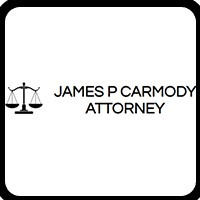Rosedale Divorce & Family Law Lawyer, Virginia
James P Carmody
✓ VERIFIEDBankruptcy, Family Law, Credit & Debt
Since 1976, Mr. Carmody has provided outstanding legal services for bankruptcy, divorce, custody issues, and adoption proceedings to clients in the gr... (more)
Joshua Price Sutherland
Lawsuit & Dispute, Divorce & Family Law, Criminal, Bankruptcy & Debt
Status: In Good Standing
Johnny Lee Rosenbaum
Lawsuit & Dispute, Divorce & Family Law, Criminal, Accident & Injury
Status: In Good Standing
Joshua Stuart Cumbow
Real Estate, Estate, Divorce & Family Law, Accident & Injury
Status: In Good Standing


